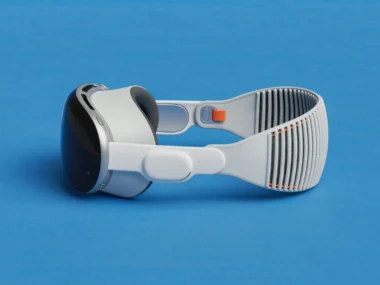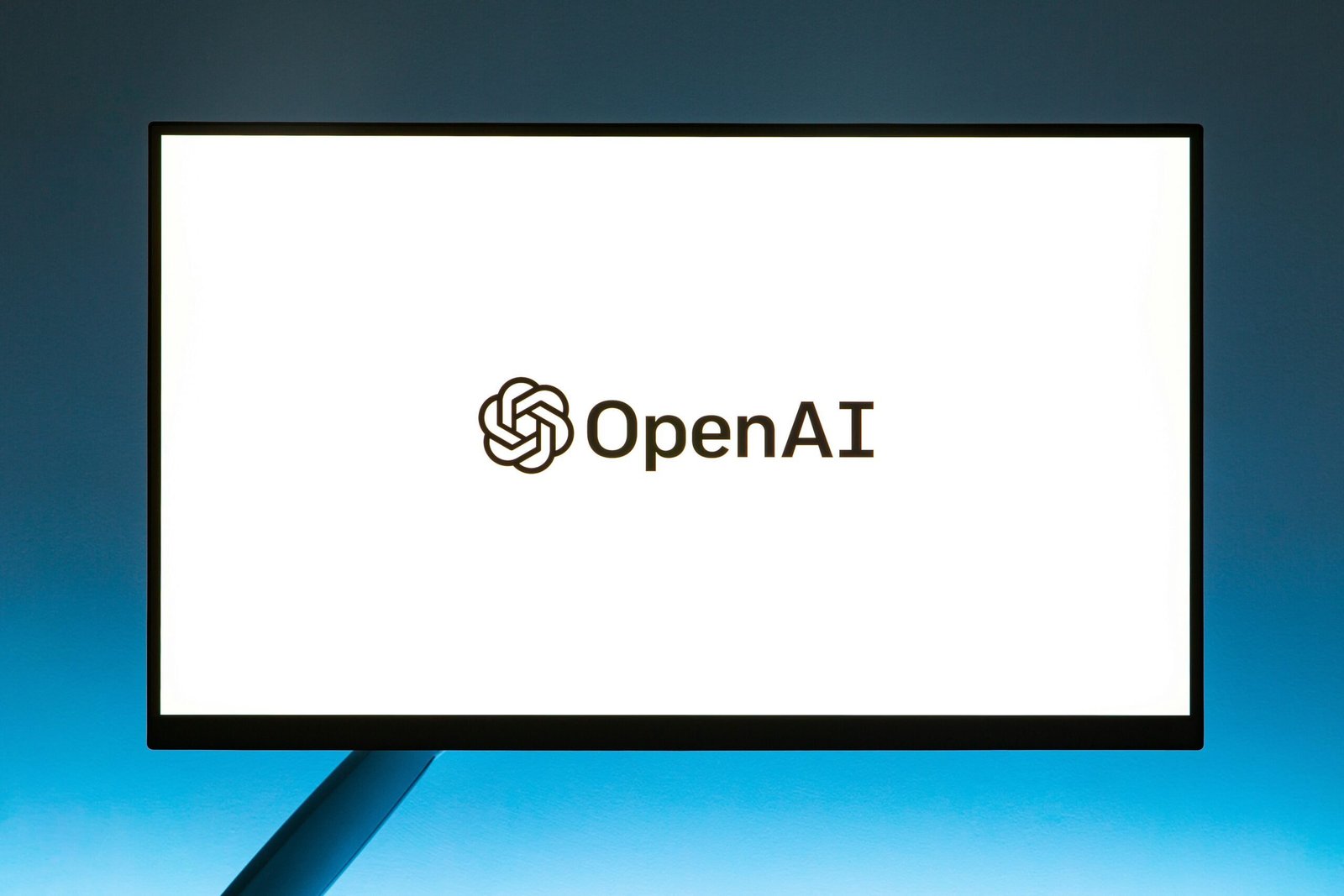Introduction
Artificial Intelligence (AI) is rapidly transforming all the various aspects of our lives. From self-driving cars to virtual assistants, AI is becoming more integrated into our daily routines. As AI continues to advance, many people wonder about its impact on the future of humans. Will AI replace humans in the workforce? What are the ethical considerations? In this blog post, we will explore the potential implications of AI on our society and discuss the future of humans in the age of artificial intelligence.
The Rise of Artificial Intelligence
In recent years, AI has made significant advancements, thanks to breakthroughs in machine learning and deep learning algorithms. These technologies enable computers to learn from data and make decisions without explicit programming. As a result, AI systems can perform complex tasks, such as image recognition, natural language processing, and even strategic decision-making.
With the rise of AI, there has been a growing concern about job displacement. Many fear that AI will replace human workers, leading to unemployment and economic instability. While it is true that AI has the potential to automate certain jobs, it is important to note that it also creates new opportunities.
The Impact on the Workforce
AI has the ability to automate mundane and repetitive tasks, thereby freeing up human workers. This enables them to focus on more creative and complex endeavors. For example, in the healthcare industry, AI can assist doctors in diagnosing diseases and analyzing medical images, allowing them to spend more time with patients.
However, there are certain jobs that are more susceptible to automation. Industries such as manufacturing and transportation may see a significant shift as AI-powered robots and autonomous vehicles become more prevalent. It is crucial for individuals in these fields to adapt and acquire new skills to remain relevant in the job market.
Ethical Considerations
As AI becomes more advanced, ethical considerations become increasingly important. One of the main concerns is the potential bias in AI algorithms. Since AI systems learn mostly from data, they can easily perpetuate existing biases present in the data. This can lead to discriminatory outcomes, such as biased hiring practices or unfair treatment in criminal justice systems.
Another ethical concern is the impact of AI on privacy. AI systems often times require access to large amounts of data to effectively function. This raises questions about data security and the protection of personal information. Striking a balance between the benefits of AI and the protection of privacy is crucial for a sustainable future.
The Future of Humans and AI
While AI has huge potential to automate certain tasks, it is highly unlikely to completely replace humans. Humans possess unique qualities such as creativity, empathy, and critical thinking that are difficult to replicate in machines. Instead of viewing AI as a threat, we should embrace it as a tool to augment human capabilities.
As AI continues to evolve, it is important for society to adapt and prepare for the changes it brings. This includes investing in education and training programs that equip individuals with the skills needed in an AI-driven world. Additionally, policymakers need to establish regulations and guidelines to ensure the responsible development and use of AI.
Conclusion
Artificial Intelligence is undoubtedly reshaping the world we live in. While there are concerns about job displacement and ethical considerations, the future of humans in the age of AI is not all doom and gloom. By embracing AI as a tool and preparing for the changes it brings, we can harness its potential to create a better future for humanity.
Frequently Asked Questions
1. Will AI replace all human jobs?
No, AI is more likely to automate certain tasks rather than replace entire jobs. It is important for humans to adapt and acquire new skills to remain relevant in the job market.
2. What are the ethical concerns surrounding AI?
Some ethical concerns include bias in AI algorithms and the impact on privacy. It is very crucial that these concerns are addressed to ensure the responsible development and use of AI.
3. How can humans prepare for the future of AI?
Humans can prepare for the future of AI by investing in education and training programs that equip them with the skills needed in an AI-driven world.
4. What role does creativity play in the future of humans and AI?
Creativity is uniquely a human trait that is daringly difficult to replicate in machines. It will continue to be valuable in areas such as innovation and problem-solving.
5. How can policymakers ensure the responsible use of AI?
Policymakers can establish regulations and guidelines to ensure the responsible development and use of AI, taking into account ethical considerations and the protection of privacy.





